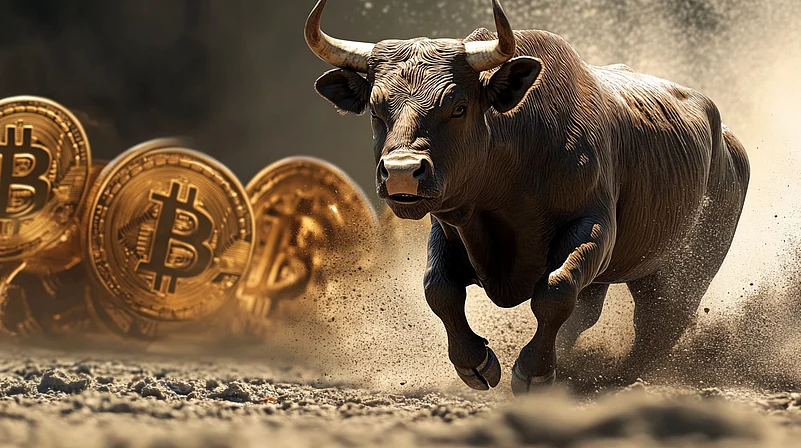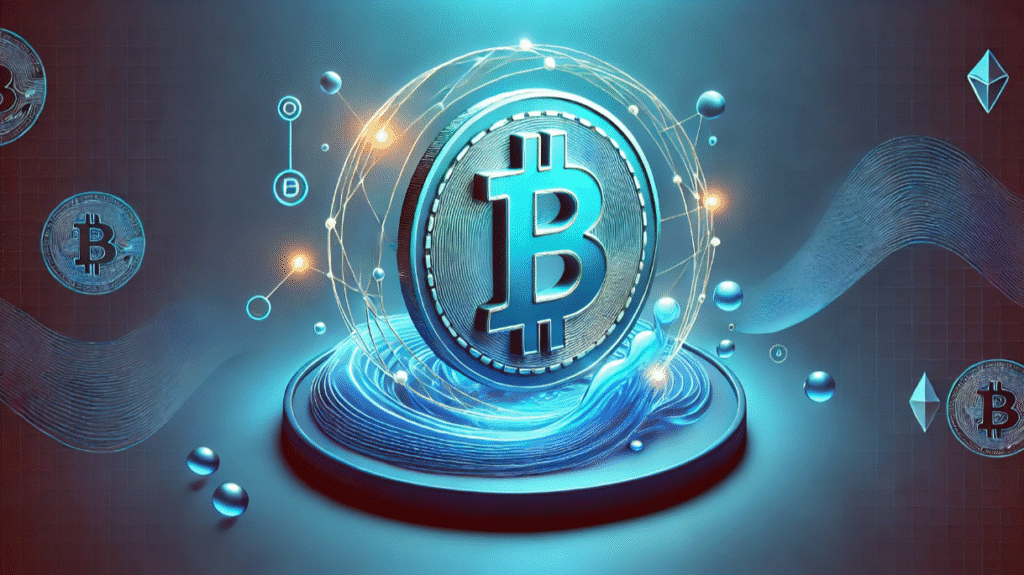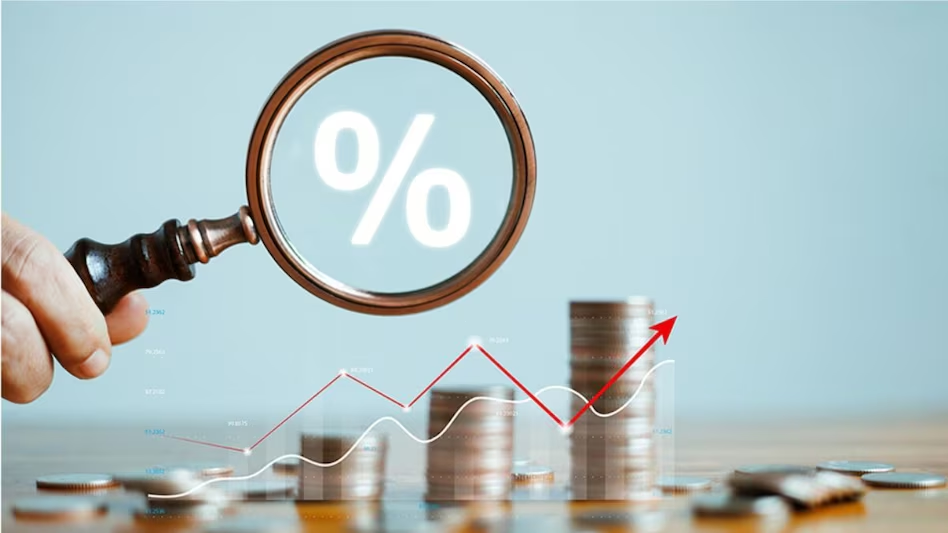Now Reading: When Crypto Meets Reality: The Rise of Tokenized Real-World Assets
-
01
When Crypto Meets Reality: The Rise of Tokenized Real-World Assets
When Crypto Meets Reality: The Rise of Tokenized Real-World Assets

We often hear about crypto as something separate from our everyday lives—volatile coins, trading charts, and digital wallets. But a growing trend is quietly changing that: tokenization. It’s not just about trading crypto anymore. It’s about bringing real-world assets—like property, gold, or art—onto the blockchain. And that shift might be bigger than it sounds.
What Is Tokenization?
Tokenization means converting ownership of a real-world asset into a digital token on the blockchain. Think of it like splitting a flat in Mumbai into thousands of tiny shares, and each share is represented by a token. Whoever holds the tokens owns a part of that asset.
This makes buying and selling portions of expensive things more accessible. You don’t need to be a millionaire to invest in a high-value property—you could own a fraction through tokens.
Why Is It Gaining Attention Now?
In 2025, the market is showing a clear push toward more practical uses of blockchain. Tokenizing assets creates transparency, reduces paperwork, and allows faster transfers of ownership. Institutional investors are already exploring tokenized government bonds and real estate. It’s efficient, secure, and opens up global participation.
From big cities to smaller towns like Bhopal or Nagpur, Indian startups are beginning to experiment with tokenized real estate and gold-backed tokens. For people who want to invest smartly without dealing with the complexity of crypto speculation, tokenization offers a bridge.
Is It Safe and Legal?
Here’s where it gets tricky. While the technology is strong, regulations are still catching up. In India, tokenization of physical assets isn’t illegal, but it exists in a grey area. SEBI and RBI are watching closely. Investors should be careful about who they trust—because not every tokenized asset online is backed by something real.
Also, if you’re buying a token for a piece of land, there needs to be a clear legal mechanism to prove and enforce your ownership. That part is still evolving.
Who Can Benefit From This?
Anyone looking to diversify their investments. A young working professional in Indore can now hold a fraction of a commercial property in Pune. A gold buyer in Nashik could buy gold-backed tokens without dealing with physical storage. Even NRIs are eyeing tokenized assets in India for simpler cross-border transactions.
It also opens up possibilities for fundraising. Imagine a local school tokenizing its land to raise development funds or artists tokenizing their future work for upfront income.
The Road Ahead
Tokenization has potential—but only if done right. Tech-wise, we’re ready. The challenge now lies in building legal structures, creating investor awareness, and setting up trustable platforms. Once that falls into place, tokenized ownership could become as common as online banking.
Final Thoughts
The line between digital and physical is blurring. Tokenization is not just a crypto trend—it’s a rethinking of how we own, invest, and trade real-world value. And for India, especially in Tier 2 cities where access to traditional markets can be limited, it could be a real financial equalizer.

























